With temperatures dipping below zero in parts of Britain, it's time to think about how to protect yourself, and your car, for winter driving.
WINTER CAR MAINTENANCE
Winter driving puts an increased strain on both you and your car, so it's important to make sure that everything is in good order.
A few simple checks can greatly reduce the chance of a breakdown, as well as potentially making your car easier and less stressful to drive in ice and snow.
Fixing something that's relatively inexpensive now, after all, might help you avoid a much more costly failure in the colder conditions – or prevent you from having to pay a big recovery fee after becoming stranded somewhere.
To ensure you don’t fall foul of the conditions, here's our list of recommended winter car maintenance tips.
The bare essentials
As a minimum, make sure you have done all your regular checks before winter sets in. Check your car's oil level, coolant level, tyre pressures and lights. If your car hasn't been serviced for some time, it might be worth getting it done before winter sets in. It'll help ensure that everything's in good order before the temperature falls.
Now's also the time to attend to any mechanical or electrical faults because they could bring your car grinding to a halt in the worst possible weather. Test all your car's systems as well because you don't want to find out later that things like your heated rear windscreen have failed.
Check your antifreeze
If your car's cooling system doesn't have the correct amount of antifreeze in it, you could experience a major failure when the thermometer starts falling below zero.
Get an antifreeze tester from your local motor factors and check your handbook to see what the mixture should be, and what kind of antifreeze you should be using. Any local dealer or garage will be able to test it for you, if need be.
Inspect the rest of the cooling system as well to ensure that the radiator, coolant hoses and water pump are free from leaks or visible damage.
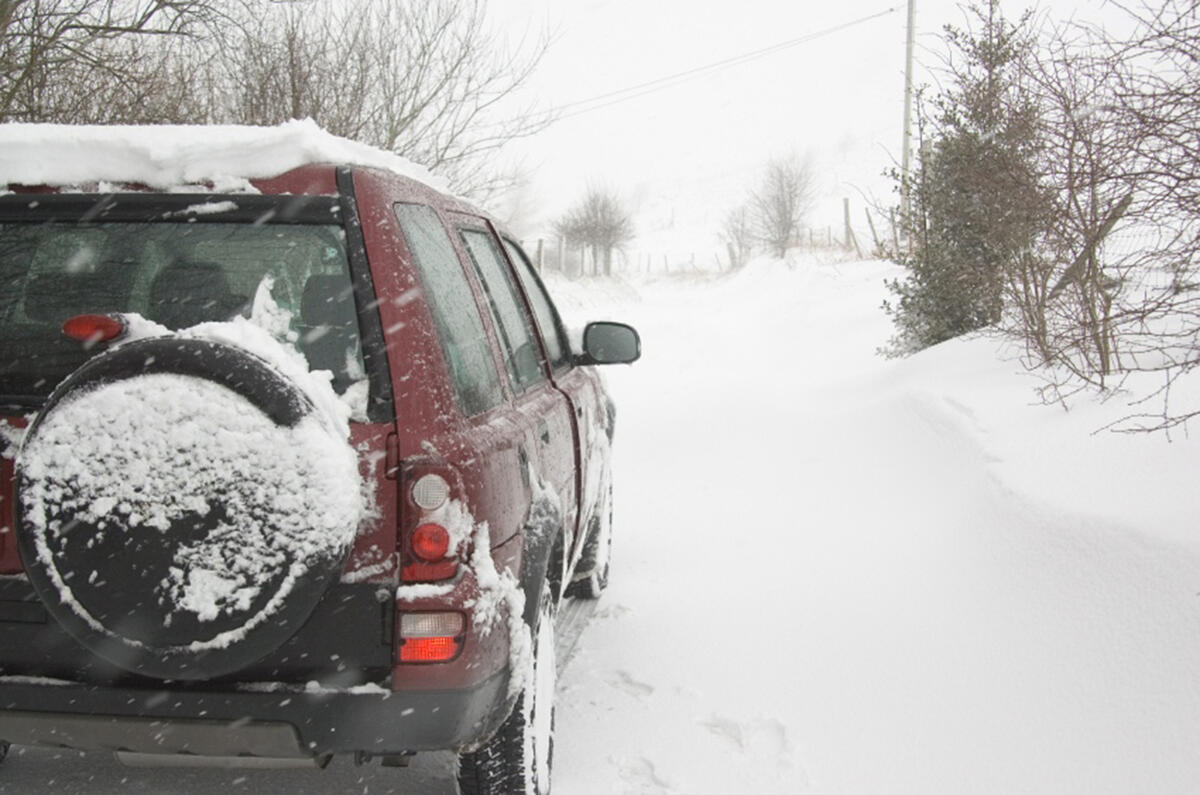
Take care of your car's battery

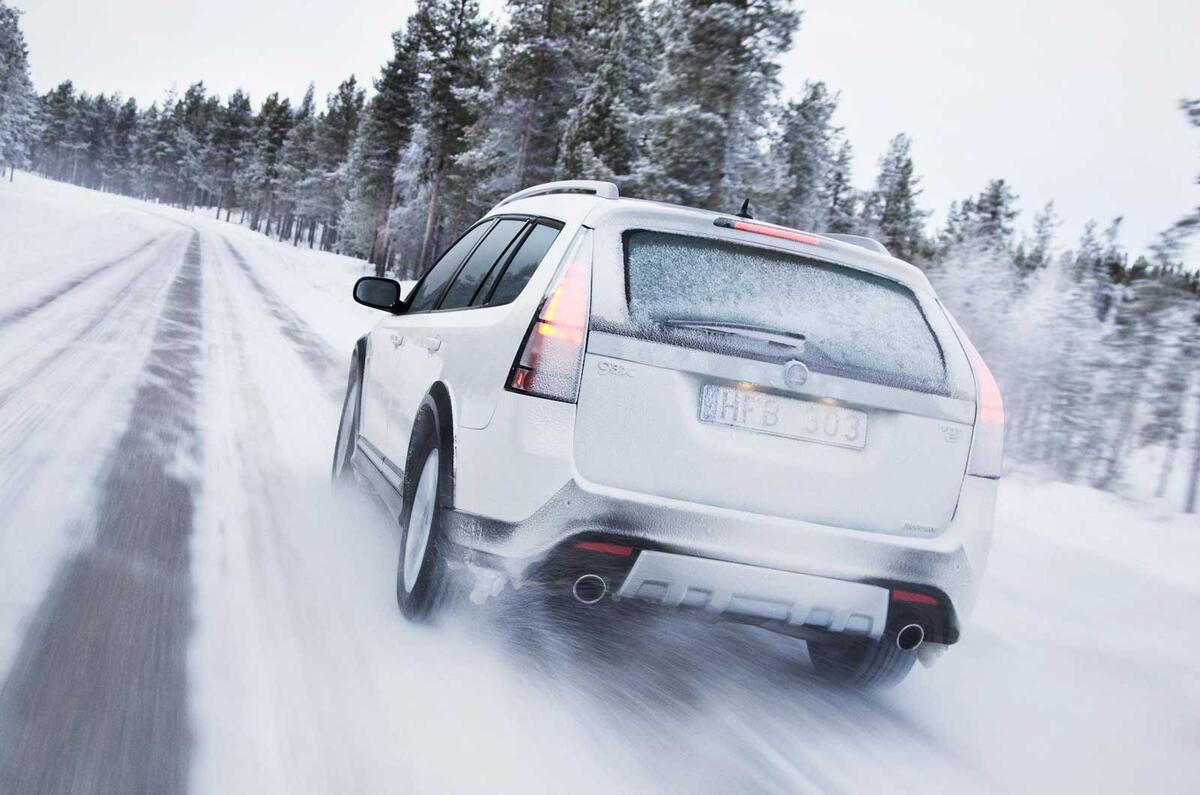
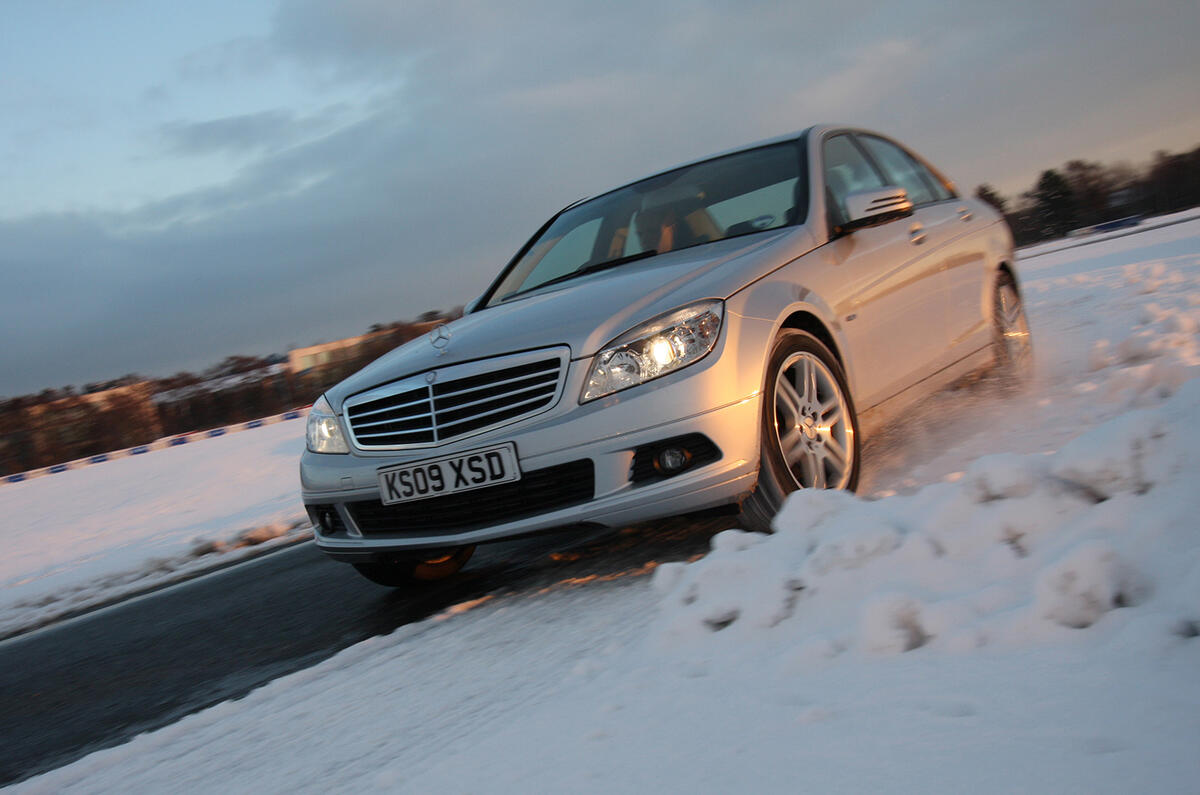
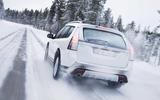
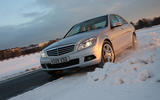

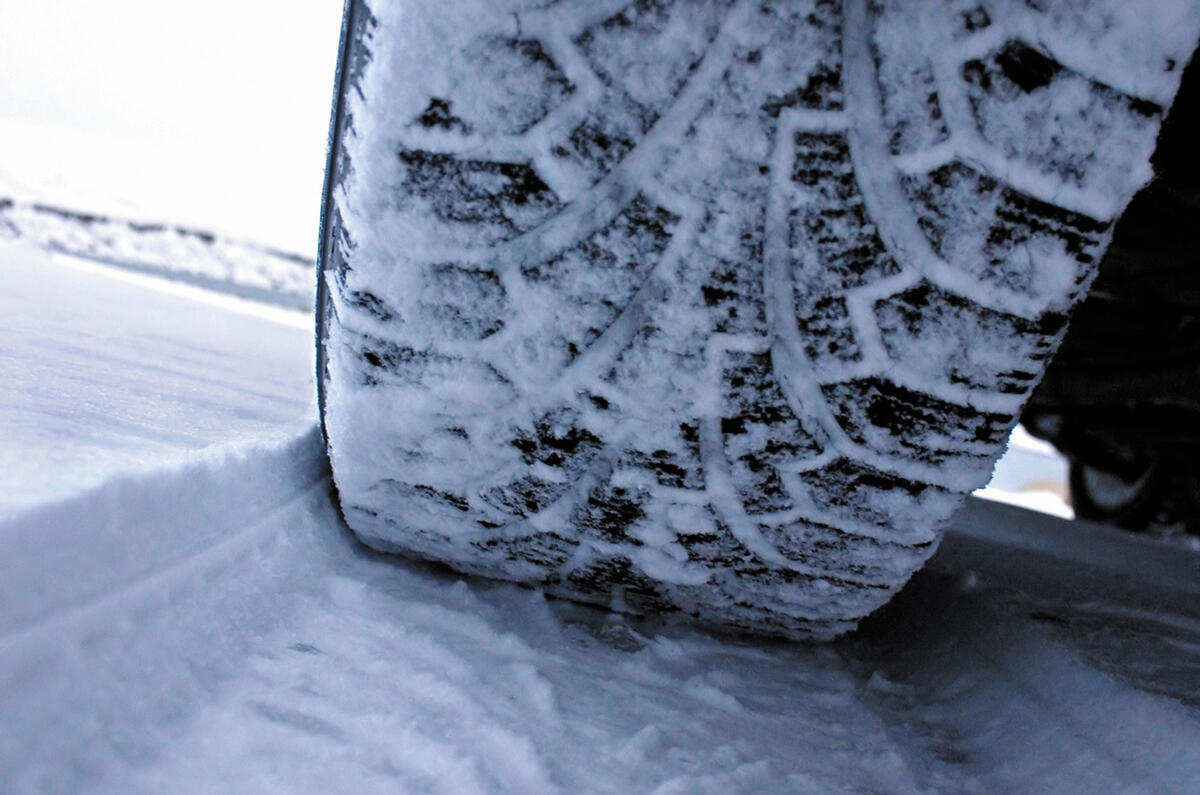

Join the debate
Add your comment
Winter tyres
Winter tyres are excellent.
I have had a second set of wheels fitted with winter tyres for my cars for over ten years now and cannot understand why they are not mandatory. All cars improve signifcantly in cold weather with them fitted. Think of it this way; you have more than one pair of shoes don't you?
If, as Autocar regularly encourage, you are driving something powerful, rear drive with wide, large diameter low profile tyres, your car will be hopeless in snow and ice. You need narrower wheels fitted with winter tyres.
If, as Autocar regularly discourage, you are driving a Subaru, pop a set of winter tyres on and you are unstoppable, at least until you come across the stranded BMWs that inevitably block the roads.
Winter Care Maintenance
Try Russian Winter !!
Mist important is having MINUS 30-40 washer liquid for screen cleaning. This year we have already been down in the low 20's (minus) and for four months we rarely get out of the minus C territory